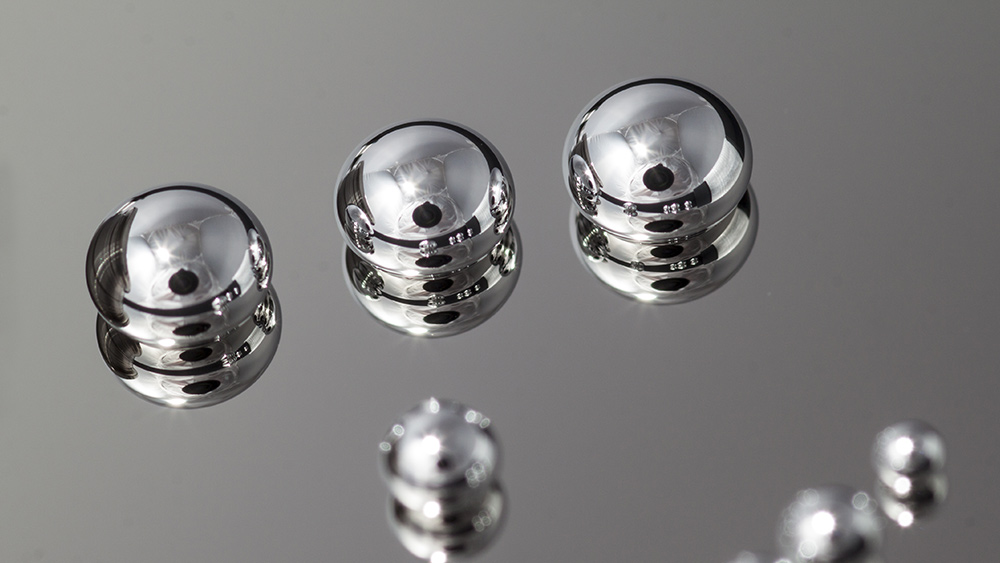 Parler
Parler Gab
Gab
If you’re a trans woman, you may not have given much thought to Pap tests and cervical cancer. And if you haven’t, that makes a fair amount of sense. After all, in order to get cervical cancer, you need to have a cervix — that is, the organ that connects the vagina to the uterus. If you’re a trans woman and have not had bottom surgery, you aren’t at risk for cervical cancer. If, however, you’re a trans woman who has had bottom surgery to create a vagina (vaginoplasty) and possibly a cervix, there’s a very small risk that you can develop cancer in the tissues of your neo-vagina or neo-cervix. The risk depends on the type of surgery you had, the type of tissue used to create your vagina and cervix and your personal health history. Talk to your healthcare provider to figure out your specific cancer-screening needs as part of your overall pelvic health following surgery. It can be difficult to make cancer screening a priority, especially when there’s not a lot of information out there about cervical cancer risks for trans women. You may also be concerned about things like experiencing transphobia during the screening process. Maybe you feel you have more pressing health concerns. Or maybe you just don’t want to think about cancer screening. Still, it’s important to take care of your health by getting the cancer screening you need. Screening means checking for cancer before there are any symptoms. Here’s the bottom line: if you’re a trans woman who’s had bottom surgery, discuss your personal risk for cancer in your neo-vagina or neo-cervix with your healthcare provider, and come up with a plan for cancer screening that works for you.The Canadian Cancer Society also advises women it describes as “trans men” to get cancer screenings for breast cancer, which it refers to as “chest cancer.” The organization explained its decision to use the term “chest cancer” in a section titled “Words matter.” “We recognize that there are trans men and people on the transmasculine spectrum who do not identify as having breasts, feel ambivalent about having breasts and prefer the term ‘chest’ instead,” the Canadian Cancer Society held. “Most of the time, we refer to cancer in breast tissue as breast cancer, and to the tissue itself as breasts, recognizing its limitations but acknowledging the need for simplicity.” Read more at: Breitbart.com
FAA cleared pilot with history of “possible” covid vaccine-induced myocarditis to fly planes
By Ethan Huff // Share
Synthetic food market projected to hit $3 trillion as fake world goes nuts for fake food
By Ethan Huff // Share
Manhattan grand jury votes to INDICT Donald Trump
By Arsenio Toledo // Share
Countries concealed risk of mercury exposure in artisanal and small-scale gold mining
By Belle Carter // Share
Governments continue to obscure COVID-19 vaccine data amid rising concerns over excess deaths
By patricklewis // Share
Tech giant Microsoft backs EXTINCTION with its support of carbon capture programs
By ramontomeydw // Share
Germany to resume arms exports to Israel despite repeated ceasefire violations
By isabelle // Share










